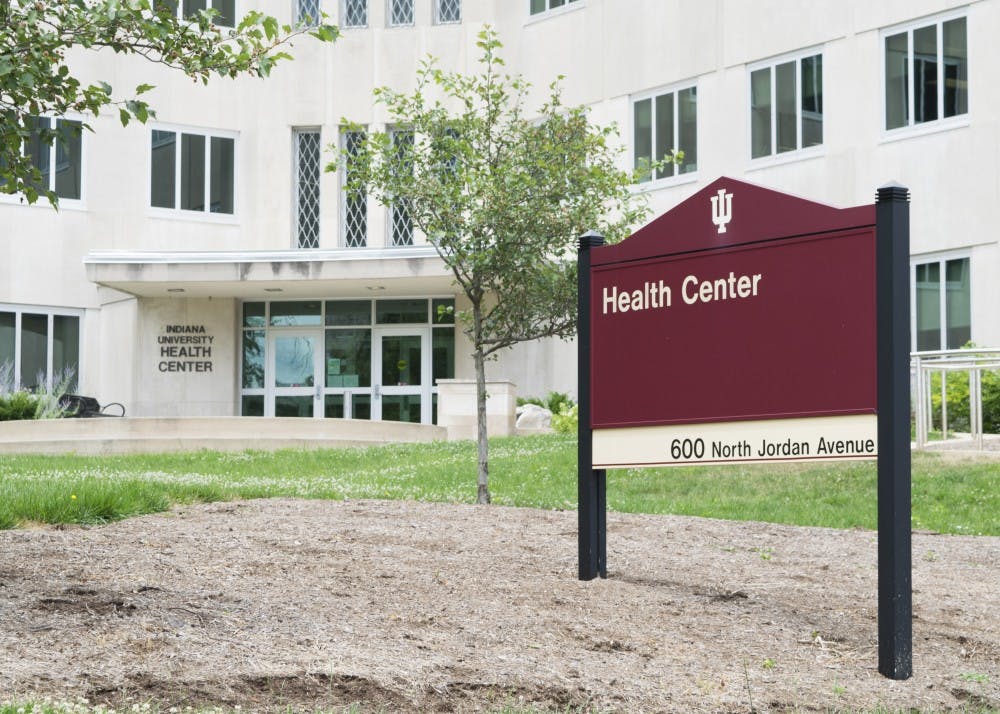This semester, IU Health Center’s Counseling and Psychological Services began offering a new video counseling service.
Overall, this is a positive move to increase students’ access to mental health care, but does not answer all of the current issues of finding mental health care on campus.
There have been historic challenges to mental health care access at IU Bloomington. Historically, limited resources and a finite number of counselors have made it difficult for CAPS to meet student needs. In 2017, CAPS hired five new counselors to alleviate some of this strain, but challenges to access remain.
Video counseling has the potential to fill in these gaps. According to the CAPS website, video counseling is another way they can meet student needs by removing potential discomfort and stigmatic barriers.
Research supports the legitimacy of online therapy. A 2009 meta-analysis found that online therapy can be as effective as traditional face-to-face therapy, but not everyone feels comfortable with internet-based mental health services.
Damon Pham, a junior who has previously used CAPS’ counseling services, has some doubts regarding the video therapy.
“I'm inclined to believe in-person counseling is more effective due to improved communication," Pham said.
Nonetheless, he acknowledged the potential benefit of video counseling.
“It's true people may want to avoid regular trips to the Health Center because of stigma or logistical problems. Some form of counseling is better than none at all,” Pham said.
But video counseling is not available for everyone, and barriers persist. Students must first visit the Health Center to complete a CAPS Now assessment to see if video counseling is a good fit. Individuals with more serious mental illnesses often need more treatment than digital therapy can offer.
Other barriers include cost and access to technology. Students who don’t have access to a computer with video and audio capabilities, or who can’t find a private space, would not be able to access these services. Moreover, video counseling doesn’t address the challenge of paying for mental health services. Traditionally, CAPS offers two free face-to-face sessions, but Pham doesn't think that's enough.
“I felt that we would need many more than two sessions to establish a real connection and start making progress, and I didn't want to have to start paying for more sessions,” Pham said.
Most would agree that we are lucky to have free counseling available on campus, including Pham.
“We should be grateful IU is offering free counseling services at all,” Pham said. “The IU community does an excellent job at making the availability of this free service known to everyone.”
CAPS’ continual commitment to meeting student needs demonstrates the university’s support of mental health care access. Nonetheless, CAPS should address these potential barriers, such as how to receive help to pay for services and how to access audiovisual technology, so we can bring mental health care to the students who need it.
The American Psychological Association notes the potential for technology to increase access to psychological services, particularly individuals who are limited by barriers such as geographic location, medical condition or financial constraints. Technology plays an increasingly more prominent role in healthcare delivery, a field known as “telehealth.”
Telehealth that only benefits people who already have access to technology only exacerbates existing inequality. Digital health interventions will function best when they address questions of equity in addition to questions of access.






